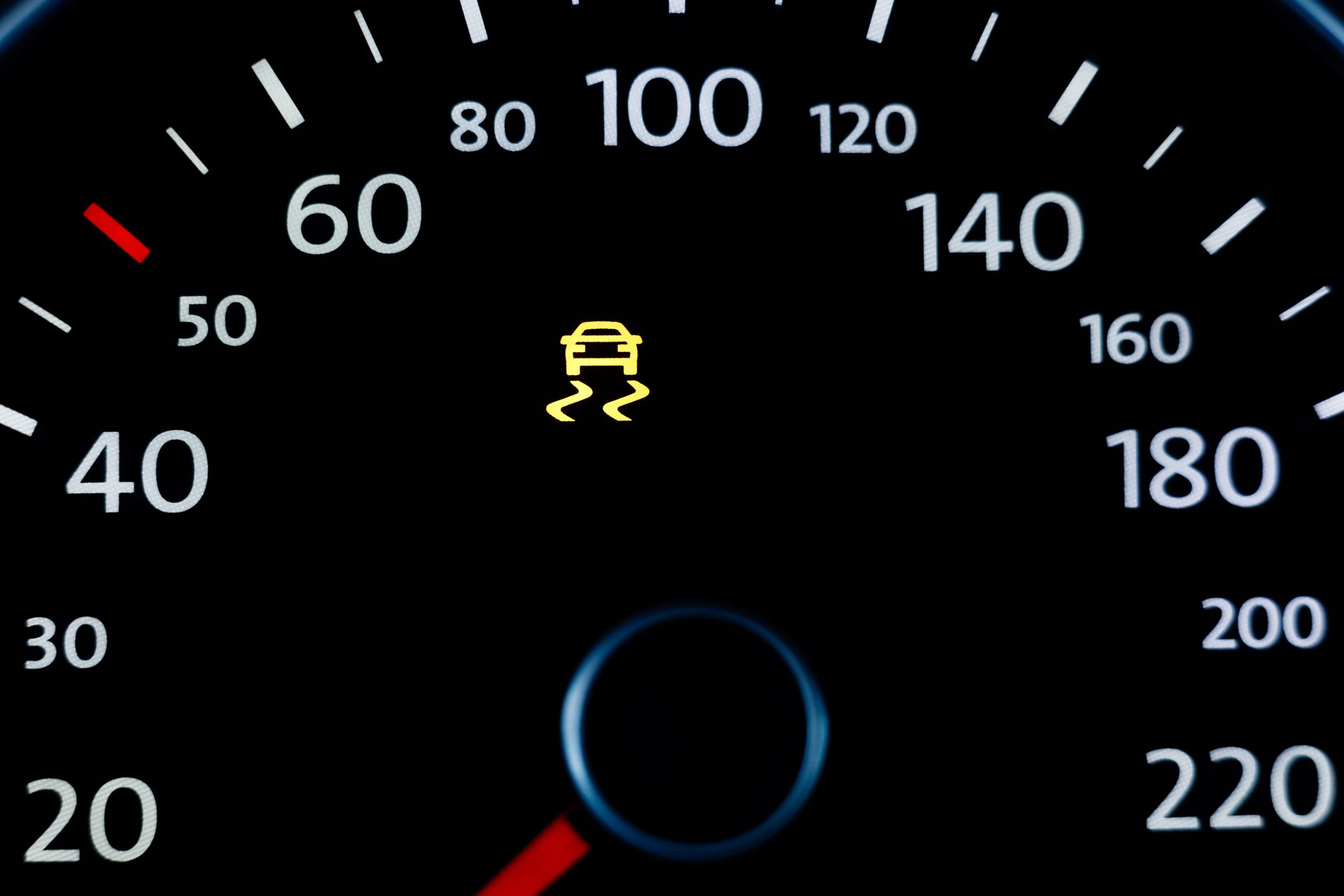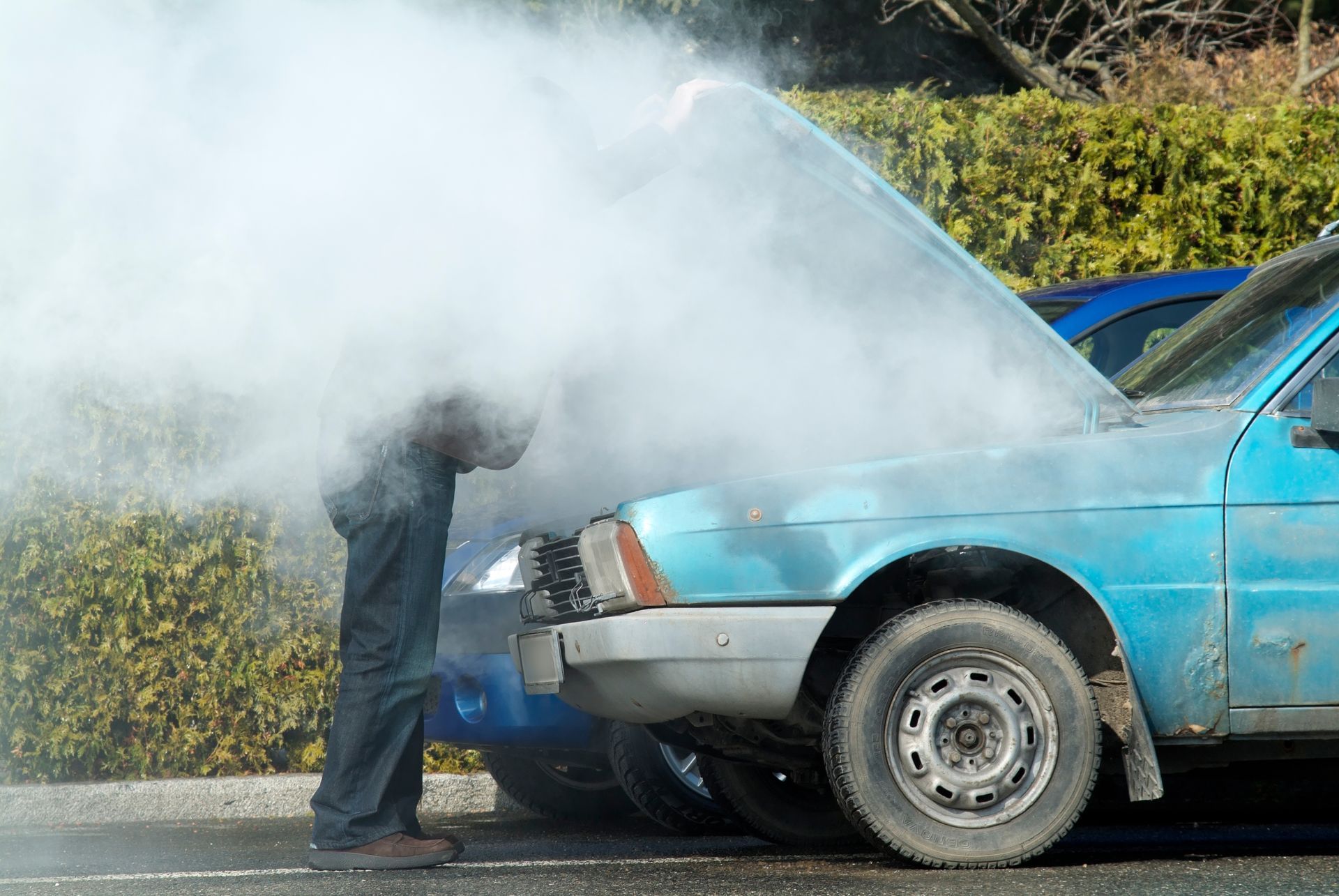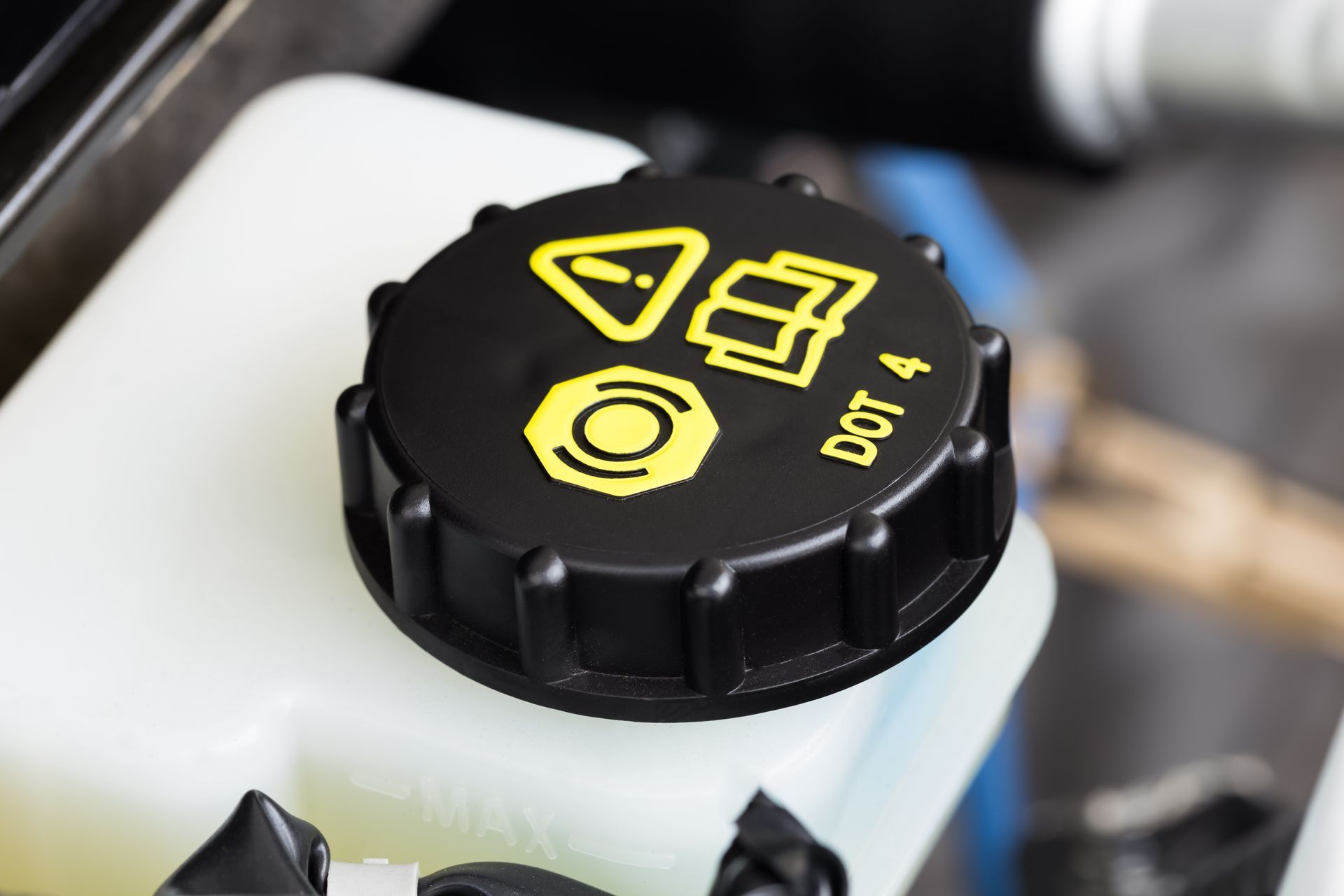Your car occasionally throws curveballs that leave you scratching your head. It's like your four-wheeled friend has a secret language, communicating its woes in the form of peculiar quirks.
Today, our team of techs will share seven uncommon and rare car problems, unraveling the mysteries they hold and understanding what they truly mean for your beloved vehicle.
1. The Phantom Stench
Ever caught a whiff of rotten eggs wafting from your car? No, it's not a hidden Easter egg. This foul odor often indicates a malfunction in your catalytic converter. The culprit? A possible issue with the fuel system or a failing catalytic converter itself. A visit to the mechanic is in order to put a lid on this unpleasant aroma.
2. Shaky Steering Wheel
If your steering wheel has developed a sudden shake, it might be more than just a quirky performance. This shimmy could be a symptom of misaligned wheels, unbalanced tires, or even worn-out suspension components. Get your car to a service station for a wheel alignment and a checkup to bring back the smooth waltz of a well-aligned ride.
3. The Sudden Cold Shoulder
Your air conditioner decides to play the role of an unreliable friend, opting for chilly vibes on one side and warmth on the other. This temperature inconsistency could point to a faulty blend door or a malfunctioning thermostat. Give your A/C system the care it deserves to restore equilibrium to your in-car climate.
4. The Enigmatic Clicking Sound
This auditory anomaly is often linked to an issue with the brake caliper or pad movement. Ignoring the clicking might lead to brake wear and tear. Seek professional help to ensure your brake system operates to the right pace.
5. Mysterious Oil Consumption
Ever find yourself adding more oil to your car more frequently than you used to? Your car might be performing an unwarranted magic trick – consuming oil without any visible leaks. This enigma could be a sign of internal engine issues like worn-out piston rings. A visit to the mechanic is crucial to unveil the source of this oil vanishing act.
6. The Electric Hiccup
Your car's power windows have a mind of their own, deciding when to roll up or down without any input from you. This electrical glitch might stem from a malfunctioning window switch or a wiring issue. It's time to consult your car's electrician to rectify this perplexing problem and regain control over your windows.
7. Drifting to One Side
As you cruise down the road, your car seems to have a mind of its own, pulling to one side like a determined ghostly force. This haunting sensation is often an alignment issue or uneven tire wear. A tire rotation and alignment check will get rid of this unwanted deviation, ensuring your car stays on the straight and narrow.
Do you want to stay far from these vehicle-related problems? Visit us at BG Automotive, and we will make sure to check up on each and every car component, springing life back in your car!











